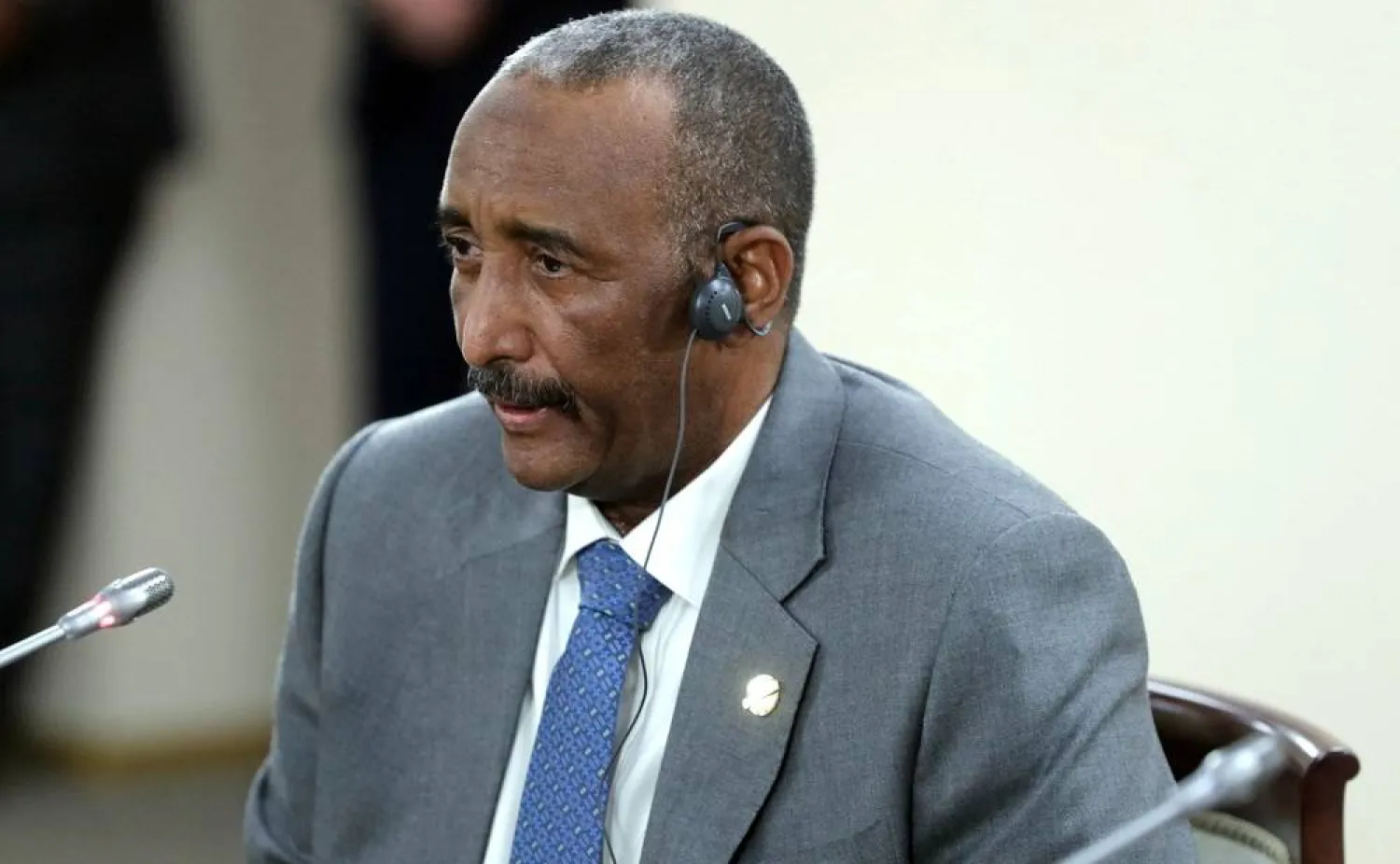In a rare televised speech Monday, the head of Sudan's military accused the rival paramilitary force of committing war crimes as all-out civil war threatens to engulf the northeast African country.
Sudan was plunged into chaos in April when months of simmering tensions between the military, led by Gen. Abdel Fattah Burhan, and the Rapid Support Forces, commanded by Mohammed Hamdan Dagalo, exploded into open fighting in Khartoum and elsewhere.
In a speech broadcast on Sudan TV, Burhan accused the RSF and Dagalo of committing violations under the falsehood of promising to restore democracy.
“How can you bring about democracy by committing war crimes?” he said, in a speech celebrating Sudan's annual armed forces day.
The near four-month conflict has also reduced the capital, Khartoum, to an urban battlefield. Across the city, RSF forces have commandeered homes and turned them into operational bases, residents and doctors groups say. The army, in turn, has struck residential areas from the air and with artillery fire. Over 2.15 million people have since fled Khartoum state, according to UN data.
The country’s health minister, Haitham Mohammed Ibrahim, said in June that the conflict has killed upward of 3,000 people but there has been no update since. The true tally is likely far higher, say local doctors and activists.









